We recently asked members of the BuzzFeed community to tell us how the decision to transition, and the steps that followed, impacted their mental health. Here are some of their stories.
Transitioning can mean many different things, and it's a unique process for each individual. Sometimes, it may be a social change (changing clothing, pronouns, and names). For others, transitioning may involve medical interventions (hormone therapy, surgery). Or it may be a combination of different things — it really depends on the individual to decide which changes (if any) to make and when to make them.
A quick note: We included a range of people and experiences, but the stories below don't represent everyone who identifies as transgender, or everyone who struggles with mental health.
And just a heads up, some of these submissions discuss suicide, self-harm, and eating disorders.
1. “Keeping a secret that big just wears on you. Coming out and transitioning was like removing the biggest weight in the world off my back.”

2. “Before, I was completely numb and felt dead inside. After transitioning, I started feeling things — even being sad was amazing because it meant I was alive.”
Before transitioning, I was completely numb. I didn't feel happiness or joy, nor sadness or sorrow. I felt dead on the inside, like I was acting out a script someone else had written for me.
After deciding to transition, it was as if all my life the whole world had been a sepia movie, and all of a sudden it got colors. I started feeling lots of things for the first time — even being sad was amazing because it meant I was alive. I made lots of friends and discovered I'm actually kind of extroverted, even though I used to think I was rather aloof. Even my friends say I look noticeably happier this way. I feel more alive than ever, and I'm loving it. On the other hand, it was a huge change for my family, but once they learned I was better off this way, they were fully supportive.
—Sophie, 22, Woman
3. “Having to present female in public caused me so much anxiety that I just hid from everyone. Now I enjoy being out and interacting with people. My mental health has improved drastically.”
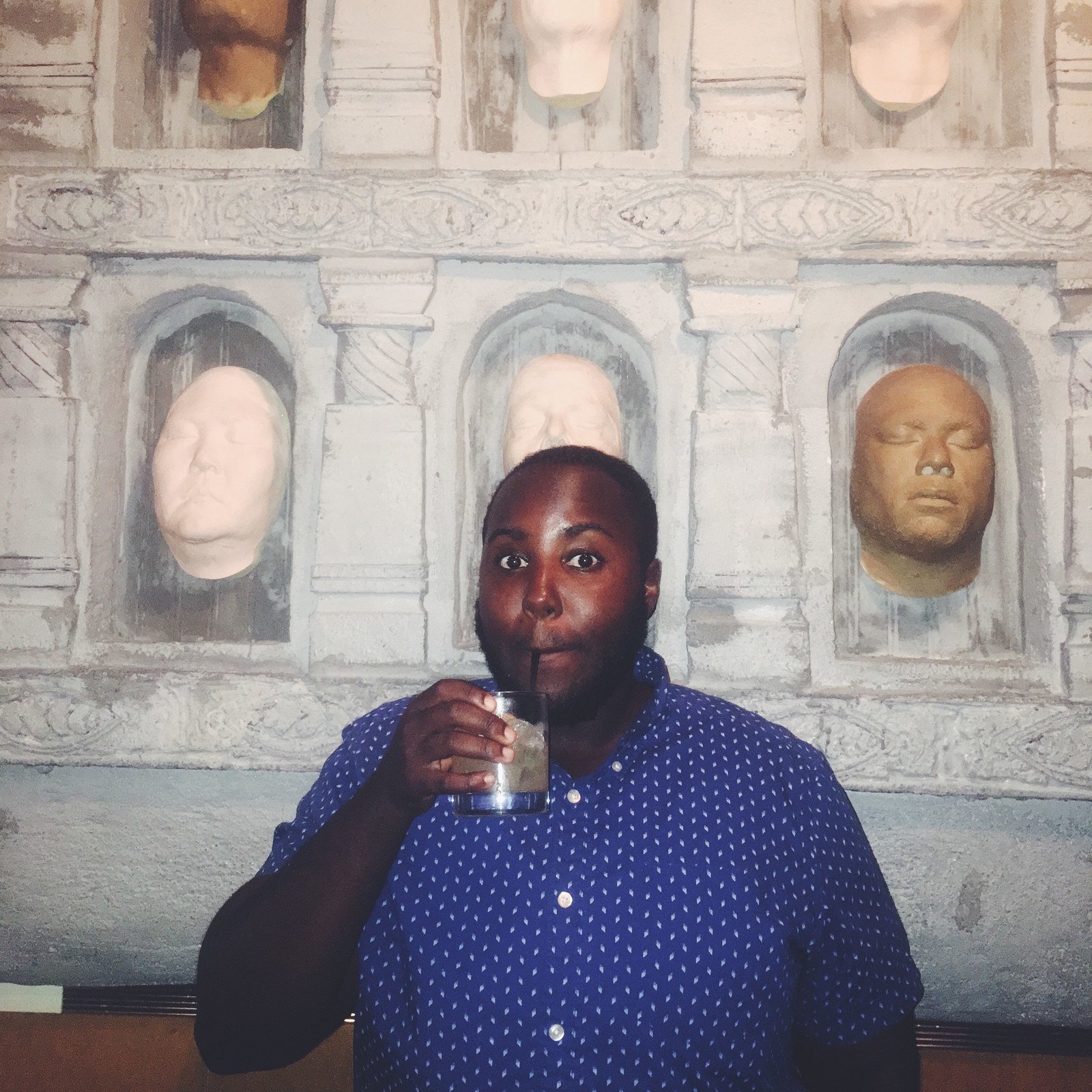
4. “I was a NCAA Division 1 collegiate runner. I was using running to wither my body away. Two years later, I can say I eat what I want and I smile when I want. It truly does get better.”

5. “Before, I had panic attacks when I had to say my name or state my gender… now the progress in my mental health is amazing.”
Before, I struggled with depression and anxiety, as well as self harm and suicidal tendencies. I was constantly nervous and uncomfortable, shaking and fidgeting all the time, and had regular panic attacks when I had to say my name or state my gender. I stopped eating and sleeping at a certain point, lost 15kg in two months, and ended up at a psychiatrist, who prescribed me antidepressants.
So far, my transition has been only social — changing my haircut and clothes. However, I noticed that I can't help but smile and feel happy every time a friend or family member uses my correct name or pronouns. I'm smiling a lot, laughing with my friends, and eating normally. I still fidget a lot when out in public, out of fear of strangers who can get hostile and start asking me questions. Toilets are also a very unpleasant situation that gives me way too much anxiety, and I occasionally still get panic attacks when I have to use them. However, given that my transition has mostly been social so far, I think the progress in my mental health is amazing.
—Oliver, 18, male
6. “I am the happiest I have ever been in my adult life.”
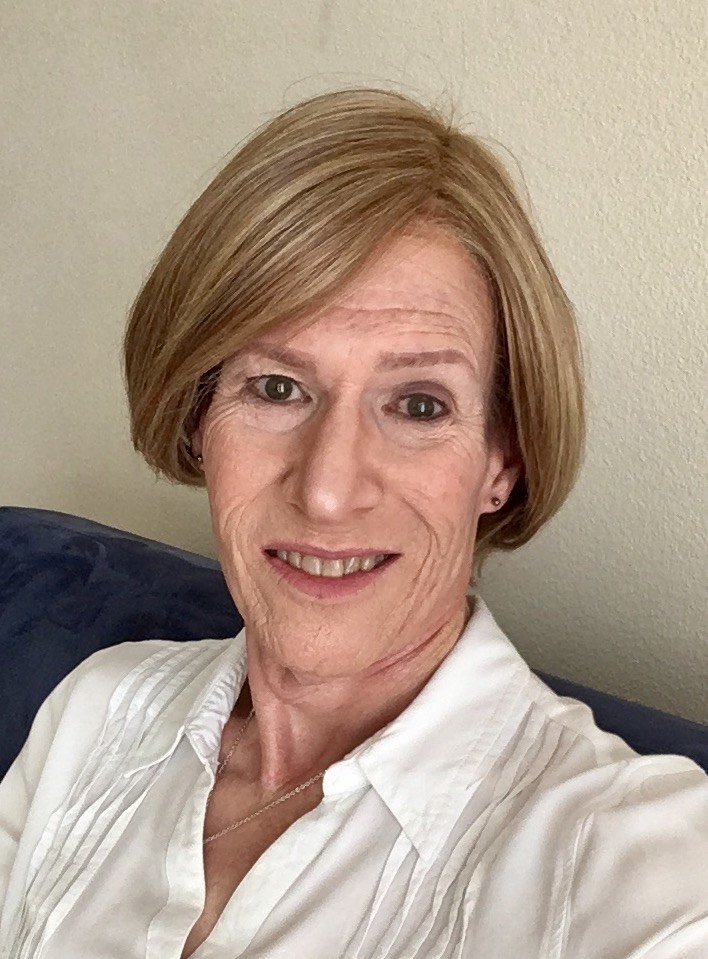
7. “I still have clinical depression — I knew testosterone wouldn't cure me — but my depressive episodes are significantly less severe, and few and far between.”
I've suffered from severe clinical depression and anxiety for as long as I can remember. I spent half my life in denial about my gender identity, which exacerbated my depression. I self-injured for several years and attempted suicide. I hated every aspect of myself, especially my outward appearance, no matter how hard to tried to just accept the body I was born with.
I spent a year socially transitioning before beginning my medical transition. Every time friends called me by my new name, it made me feel great. I started testosterone in February 2017. I'm now 2 days shy of my 7 months on testosterone and I continue to feel wonderful. I still have clinical depression — I knew testosterone wouldn't cure me — but my depressive episodes are significantly less severe and few and far between. The only thing that ever really gets me down these days is how out of reach top surgery feels. But otherwise, I'm so much happier since beginning my medical transition. I feel incredibly lucky to be where I am and to have such an amazing support system.
—Aiden Quinn P., 31, trans man
8. “I had no idea how it felt to be happy or in love. Hormones drastically improved my entire experience with life.”
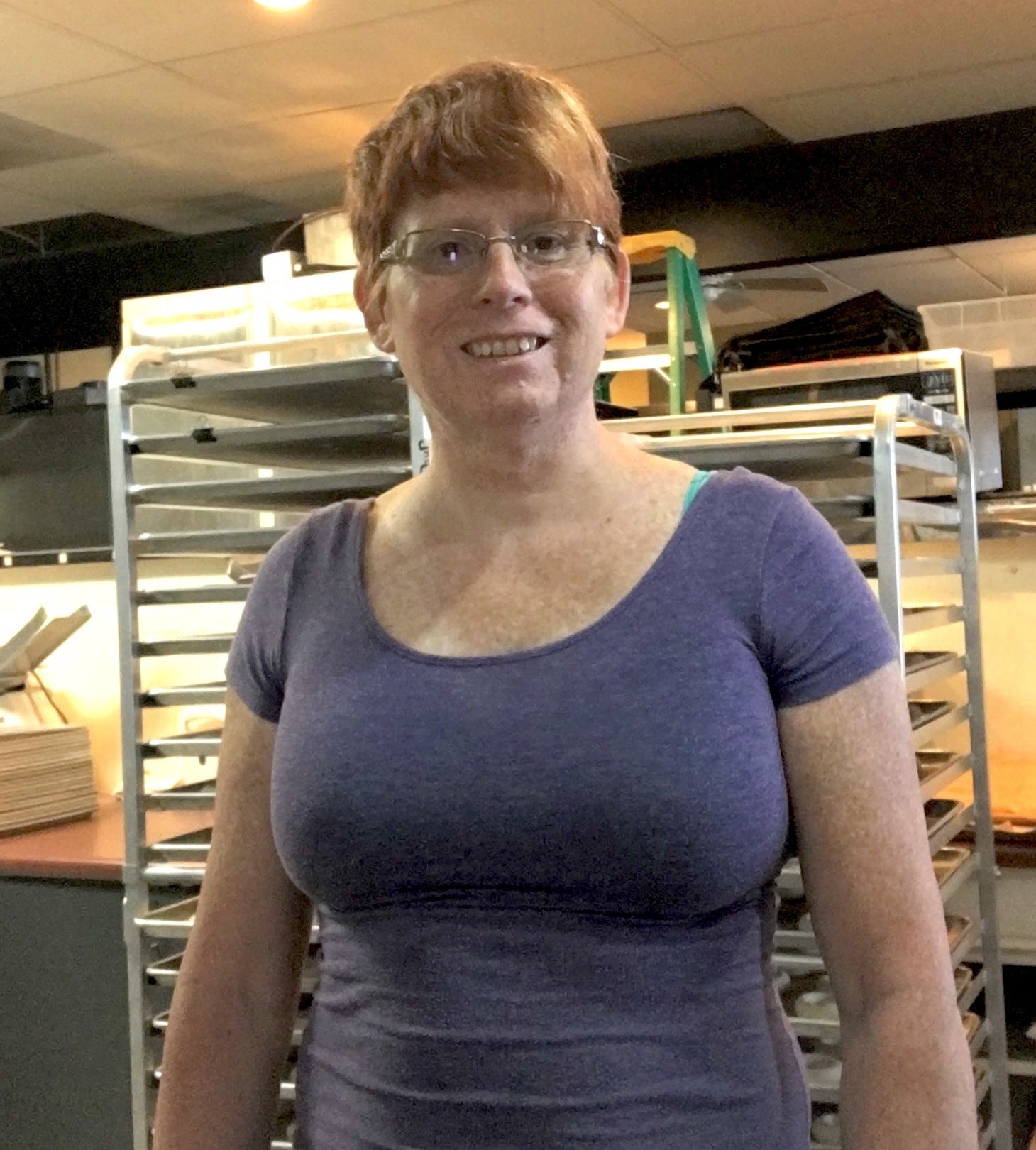
9. “I am much more laid back and not as riddled with anxiety as I used to be… I even cut back on my meds.”
Before transitioning, I had a lot of social anxiety and very low self-confidence. In addition to these, I had "therapy-resistant" chronic migraines ever since first puberty. Every step of the way — coming out, socially transitioning, medically transitioning, and even just the steps to start a medical transition — has made me more comfortable with myself. Suddenly I find myself being okay with, and almost anxiety-free, when meeting new people. I am much more laid back and not as riddled with anxiety as I used to be. My chronic migraines have gotten better. I even cut back on my meds a couple of weeks ago. I have good hopes to be able to get off (almost) all of them.
—Jerome Abalone, 23, male, FTM
10. “Transitioning is a slow process and takes lots of patience... it’s been a roller coaster of feelings from happiness, euphoria to anxiety and very emotional moments."

11. “A major part of my transitioning has been getting a great therapist who has helped me deal with my mental health.”
Before, I was incredibly depressed and angry at all times. I honestly don't know how I was able to function. It felt like I was in a dark pit I couldn't see the end of. I felt completely alone and powerless.
A major part of my transitioning has been getting a great therapist who has helped me deal with my mental health in general. Once I got on HRT [hormone replacement therapy] and got top surgery, it was like I suddenly could see the end of that pit I was in. My self confidence was boosted and I was able to function with a clearer and happier mindset. I still get depressed on occasion, but whereas before when I'd be depressed I'd hyper-focus on that fact I was trans, now I am able to love myself for who I am and not fall down into a really dark place again.
—Toby, 21, Trans Man
12. “Before, I was in a deep depression, which brought about severe seclusion... My confidence has increased and I reclaimed my social butterfly status.”

13. “I still deal with a lot of anxiety about my identity and the way people perceive me, but I feel much less trapped than I used to.”
Before deciding to transition, I struggled so much to understand myself. I clung onto every new label I found, hoping that it would be the definitive answer I was seeking, but was always left unsatisfied. In high school I had a serious problem with isolating myself, since I didn't know where to fit in with my peer groups. It was very lonely and I struggled with a lot of suicidal thoughts and anxiety.
I'm still in the midst of transitioning socially as a sophomore in college, and still trying to discern what lies in my future as far as medical transition. However, since I've changed the way I present I've never felt more like myself. I still deal with a lot of anxiety about my identity and the way people perceive me, but I feel much less trapped than I used to. The more that I move forward in my transition, the more confident I feel in myself and my identity. Dysphoria is a big struggle for me, but that's only because I've finally realized what was "wrong" with me and can now see a path forward.
—Anonymous, trans male/nonbinary
14. “My anxiety will always be there, but it's almost better because I don't have to be someone I'm not anymore.”
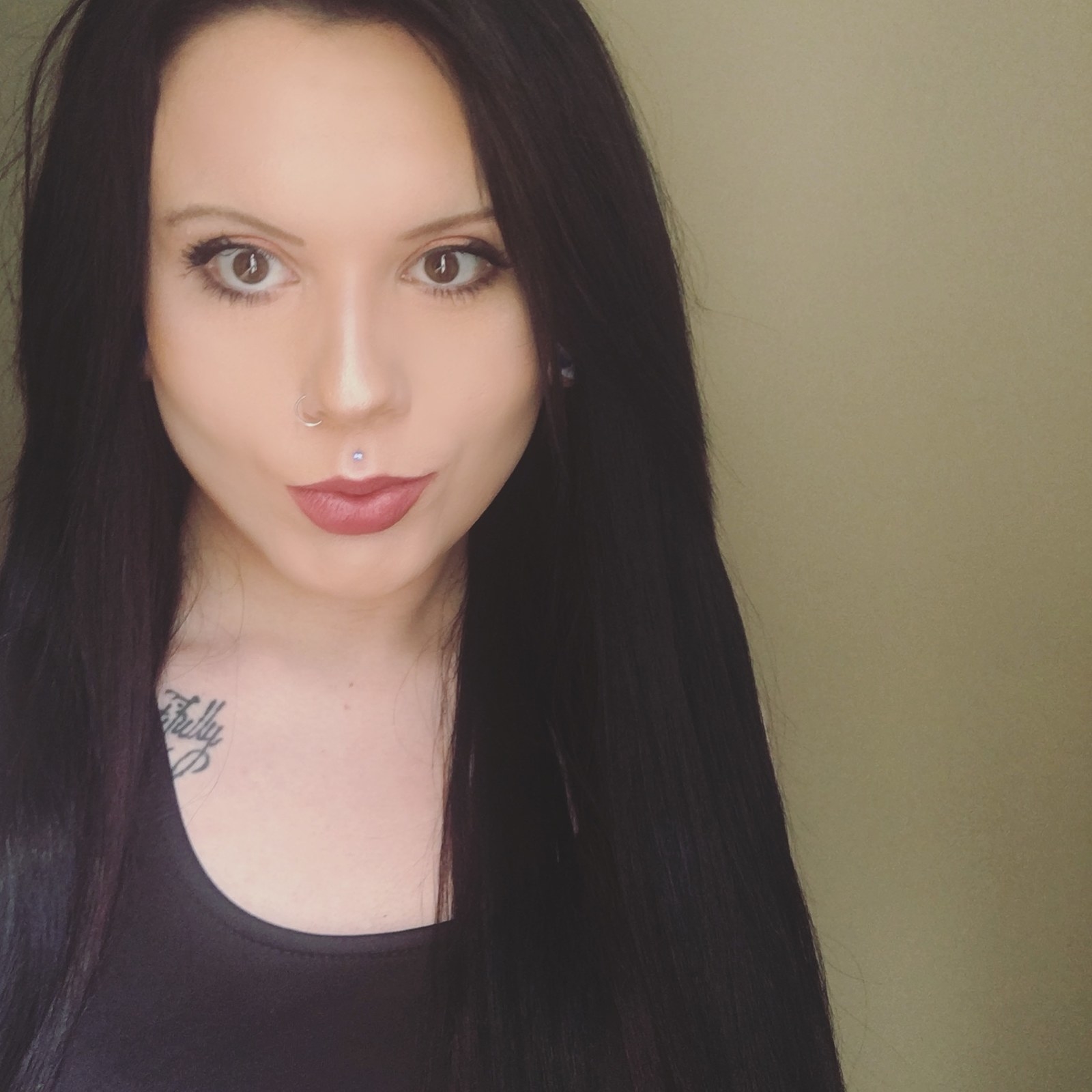
15. “I struggle most in dealing with my family and their poor reactions to my transition. But overall, I'm so much happier.”
Before, I had chronic depression, dysphoria-induced low mood, and I avoided looking at myself in mirrors. Now that I'm seeing changes from the hormones, I actually want to look at myself in the mirror again. I don't get those random 'bad days' anymore. My self confidence is growing and I feel so much more comfortable and at ease. I struggle most in dealing with my family, and their poor reactions to my transition have led to a few minor depressive episodes on my end. But overall, I'm so much happier and I'm looking forward to seeing where my transition takes me.
—Sam, 23, trans man
16. “I still struggle with my mental health, but I feel confident that my physical transition will really help me break down those final barriers.”
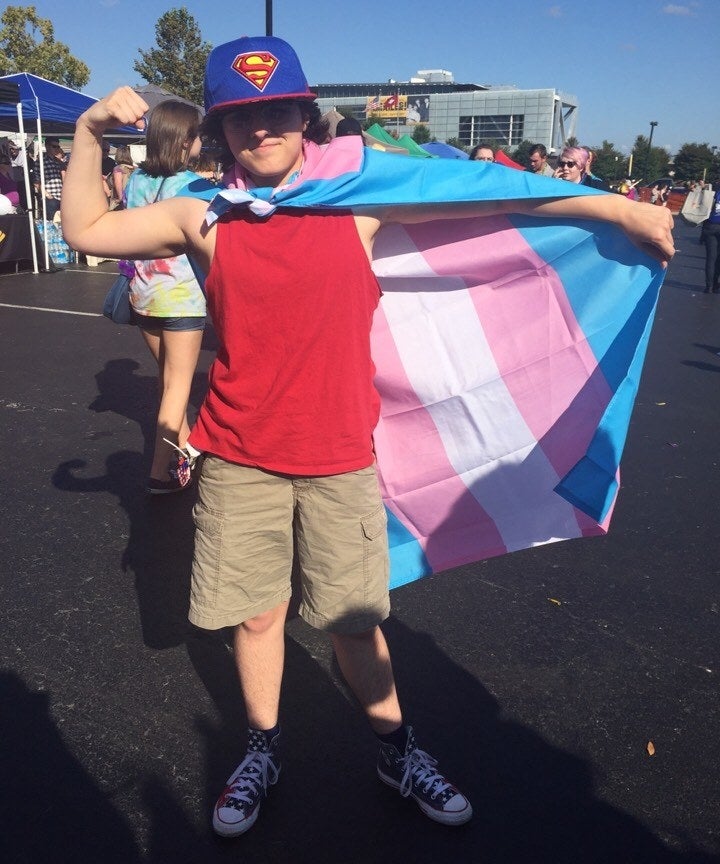
17. “Being able to voice my true self, wear a binder, and go by correct pronouns has genuinely saved my life.”
My mental health was very, very poor. Keeping such a huge part of myself hidden before starting my transition was not only mentally straining, but it also made me constantly feel vulnerable, like at any moment someone might discover my secret. Being on high alert all the time was detrimental to my overall wellbeing.
Just coming out made an immense difference. I am currently pre-hormones or surgeries, so as I have mostly just come out and started transitioning, that alone has helped. Being able to voice my true self, wear a binder, and go by correct pronouns has genuinely saved my life. My constant depression and anxiety has lessened, making it manageable to get through the day and stay confident and happy in myself.
—Malcolm, 21, FTM transgender man
18. “I'm no longer as depressed, I'm not suicidal, and I'm comfortable with myself. Having a loving accepting husband has helped.”

19. "My mental health was very poor. I was crying everyday, self harming, pushing away people who cared about me. Since I started transitioning, I have never felt so happy!”
My mental health was very poor. I was crying every day, self harming, pushing away people who cared about me and I had extreme anxiety. I felt hopeless and I had no idea why. My body was a stranger to me. It seemed as though my life was coming to an end.
Since I started transitioning, my mental health has dramatically improved! I feel genuine joy in life now that I have a future. I'm finally in love with my body. I've never had so much confidence until now, and I have never felt so happy!
—Morgan, 18, Trans Male
20. “I’m more comfortable in myself... but my anxiety worsened after my social transition — I hear of so many hate crimes against trans people.”

21. “I cried myself to sleep more often I could count. I remember wanting to die... Now I see a future for myself and I am happier with who I am.”

22. “Before, I was a ball of anxiety and depression. After, it was like waking up after a bad dream. I felt mentally strong and lucid for the first time in my life.”
Before transitioning, I was a terrible ball of anxiety and depression. I was so unhappy all of the time and I didn't know what to do about those feelings. Nothing made me feel even remotely okay. I tried therapy and antidepressants with no luck. I dreaded getting out of bed and having to leave my house. I looked in the mirror and hated everything I saw. I was so unhappy for so long I didn't see a way out of the misery.
Within a few weeks of starting testosterone, I felt something I had never felt before: happiness. I felt a calm presence in my life. I didn't have the constant anxiety and fear or dread of something horrible around the corner. It was like waking up after a bad dream. I felt mentally strong and really lucid for the first time in my life. Transitioning and being on testosterone has given me something to live for.
—Britton, 26, TransMan
23. “After I began my social transition, I immediately had relief from my suicidal thoughts and crippling depression.”

24. “Once I felt more comfortable living in my own skin, I was able to explore the things that hurt me before transitioning and make peace with them.”
I was a hot, angry, suicidal mess with a lot of explosive and self harming tendencies. I would regularly scream at other drivers or punch holes in walls out of frustration. Honestly, I was totally out of control. I was suicidal all the time even at the (then) height of my career, I just wanted to end my life without hurting my family.
I think when I was further into my transition, it allowed me to see life from a new perspective. Once I felt more comfortable living in my own skin, I was able to explore the things that hurt me before transitioning and make peace with them. Transitioning was only a piece of the puzzle for me but nonetheless the biggest piece. Going from taking down mirrors in my home to being proud, happy, and connected to my body was something I never thought would happen.
—Harper, 25, transfemale
25. “Transitioning didn't make my depression go away, but it gave me a better understanding of myself and allowed me to actually get help.”

26. "My depression is more manageable, but my anxiety has gotten worse. As the only out person in my office, I feel like I have to be an example for the whole trans community and I have to have all the answers.”
I've had a lot of trouble with my mental health. I've suffered with depression since I was 10 and I've had anxiety since I was 14. They have been constant companions, despite years and medicine and therapy.
My depression has been more manageable since beginning transitioning. However, as I've gone through the process, my anxiety has actually gotten worse. At work, I went from a relative nobody to someone who's progress seems to be known by everyone. As the only out person in my office, I feel like I have to be an example for the whole trans community and I have to have all the answers. There have been times where I've been asked to do talks and interviews for work events when I really just want to hide away and be anonymous. There is so much hatred thrown around online that sometimes I'm afraid to even go outside with my binder on or without shaving. When I'm finally done with transitioning, I hope to feel more comfortable being myself out in the world.
—RW, 28, Male
27. “My mental health has improved so much. I still struggle with anxiety and depression, but I am no longer in a constant battle of ‘live or die’.”

28. “I often feel joy in my life, a far cry from years of anger, depression, not willing to live.”

29. “I discovered a kind of confidence in myself I hadn't felt since childhood, and I finally started to understand that life was worth living.”
As soon as I hit puberty, my mental health went into rapid decline. I lost the ability to make friends and communicate with people because of the weight of my mental dysphoria. I figured, "if I don't value myself, no one else ever could." I developed extreme anxiety and took part in many self-harming behaviors, and in the back of my mind I didn't expect to make it to my senior year of high school.
As soon as I came out socially and started to make significant changes, it was as if a black and white filter had been removed from my vision. I discovered a kind of confidence in myself I hadn't felt since childhood, and I finally started to understand that life was worth living. My physical health has improved because I've been feeding and resting my body properly. For the first time in my life, I began waking up in the morning with the strength to take on the day. I was disappointed to realize that some parts of my mental health (phobias, obsessive disorder) would not be cured by transitioning, but they no longer feel all- consuming. I am finally standing on my own two feet.
—Jan, 19, FTM
30. "I was very depressed. I couldn't look in a mirror without wanting to smash it. I'm actually happy with myself now."

31. “The sense of self peace I felt was beautiful. I finally felt complete. I haven’t had one suicidal thought — not one after 40 years of thinking about it every day.”
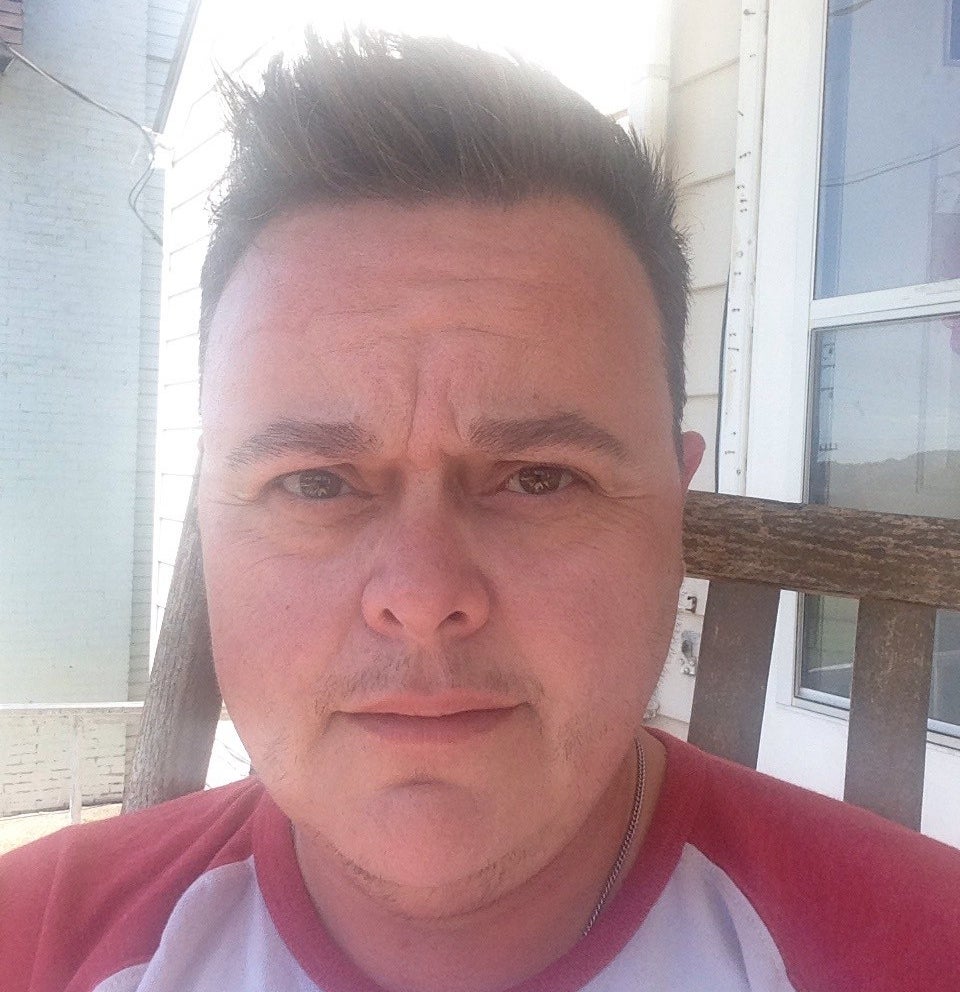
32. “I still get sad or frustrated or dysphoric sometimes, but I'm happy most of the time now — actually happy, not ‘fine’ like I was when I was younger.”
At the time I thought I was fine. But looking back, I was probably depressed. I would cry over the tiniest things. I was known for being really quiet. I never participated in class. And I never wanted to go places or do things in public. I was so afraid they all somehow knew I wasn't a "real girl" or would find out I was trans.
I came out and socially transitioned about three years ago. It was incredibly relieving to be myself around my friends. Suddenly I was able to participate and talk to my classmates. I started taking testosterone 6 months ago and at this point, most people assume I'm a cis guy unless I say otherwise. T has made me feel so much better about myself. It's insane to think of how much I've changed over the past few months — it's like a switch flipped. I'm motivated to work on things like my career, my health, and my relationships. I still get sad or dysphoric sometimes, but I'm happy most of the time now — actually happy, not "fine" like I was when I was younger. There's still a way to go but I wouldn't trade this for anything."
—Anonymous, 22, gay trans dude
33. “I felt genuinely in tune with my emotions and my mental health and my life clicked into place. I realized I wasn't mentally ill, just different.”

34. “I'm no longer depressed to the point of suicide, but now there are many more decent and okay days rather than bad ones”
My mental health was very poor. I had been suicidal on and off (it seemed to be on for a month or two, and then off for a week or so) from about 13 until when I began transitioning last year.
I'm no longer depressed to the point of suicide, although I'm still struggling with depression and a bit of dysphoria on and off. It depends on the day, but now there are many more decent and ok days rather than bad ones. Overall, I'm definitely happier, and I'm looking forward to feeling more and more comfortable in my own skin as I continue to transition. So far, I haven't done much beyond cut my hair, throw out all my skirts, and ask for people to call me Mike rather than my birth name, but it has definitely lifted a great weight off of me.
—Mike, 20, FTM
35. “I still get down, but I am happy to be alive. Which is honestly something that I have never felt before."
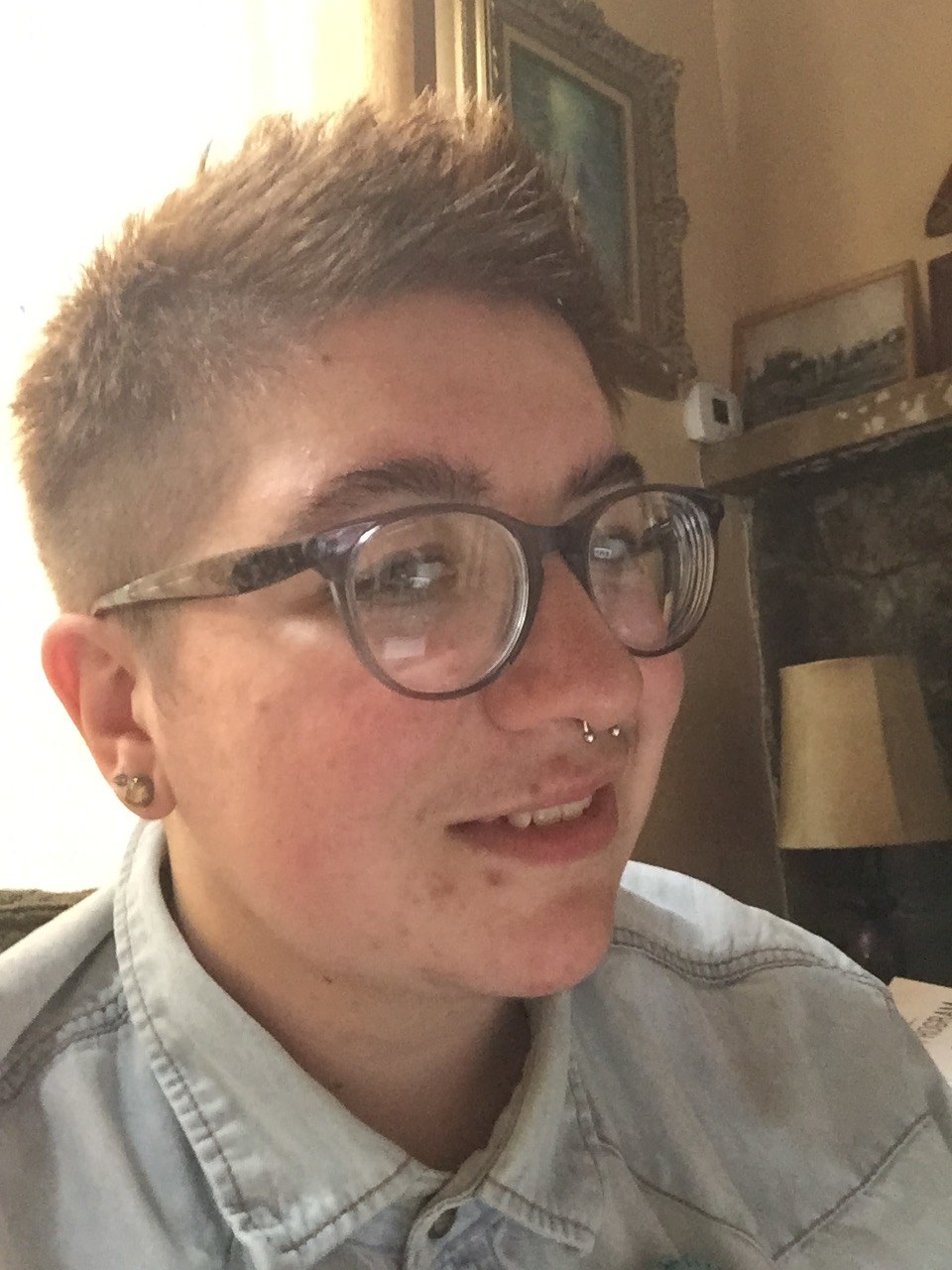
[Responses have been edited for length and clarity.]
If you need to talk to someone immediately, you can reach the Trans Lifeline at 877-565-8860, or any of the resources available through The Trevor Project here, including the Trevor Lifeline, TrevorChat, and TrevorText.
Follow along at BuzzFeed.com/MentalHealthWeek from Oct. 2 to Oct. 8, 2017.

